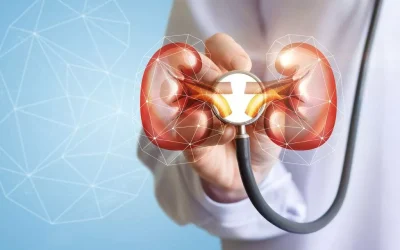It’s no surprise that those recovering from an AUD (Alcohol Use Disorder) experience alcohol-induced brain fog. In general, there aren’t any known medications or treatments that correct brain fog directly. To immediately address most chronic stressors, Dr. Krishnan suggests focusing on improving your sleep, getting good nutrition and exercising 30 minutes every day, five days a week. These small changes to your everyday life can build up over time and greatly impact your immune system response and reduce inflammation.
Eating a healthy diet
Other drugs that are used for treatment are DMAE, Ginkgo Biloba, Magnesium, or piracetam. It’s best to always consult your, doctor, before taking any medicine. This alcohol and brain damage slows down communication between our neurons because it impedes the production of new proteins, which are key components for healthy neural communication. Lowered levels of neurotransmitters can result in problems relating to memory and learning.
Natural Brain Fog Remedies: Ways to Clear the Mental Haze
The alcohol withdrawal symptoms begin when you stop drinking alcohol following an extended period of alcohol abuse. Both alcohol cravings and alcohol withdrawal symptoms contribute to cognitive problems in recovery. Making the decision to stop drinking is something to be incredibly proud of. Sobriety can enrich your personal relationships, provide numerous health benefits, and lead to meaningful self-discovery. Like any major transition, quitting alcohol takes time and determination.

Turning a sobriety challenge into a lifestyle
- Those who consumed five or more drinks per day were 25 percent more likely to develop health problems such as heart disease, cancer, stroke, and liver diseases.
- Your body and mind are so used to relying on alcohol’s stimulating effect that when deprived of alcohol, they need to relearn how to function without it.
- Dr. Le most recently served as Chief Medical Officer of Optum Home and Community Care.
- Brain fog is a vague term to describe uncertain states of consciousness.
- It’s characterized by confusion, forgetfulness, or a lack of mental clarity.
- A consistent flow of nutrients will keep your brain sharp throughout the day.
Thiamine deficiency in alcoholics can be quickly reversed with supplemental doses, but frequent shortages can cause irreversible damage. Alcohol’s most severe long-term consequences are brain damage and nerve cell death. According to studies, some nerve cells may not be replaced once destroyed, including those in the frontal cortex, cerebellum, and other regions deep inside the brain.

If alcohol is interfering with your health or your personal, financial, or professional life, consider quitting. This article discusses alcohol withdrawal, its symptoms, and potential complications. It also provides an overview of the alcohol withdrawal timeline process and when to discuss your drinking with your healthcare provider. Healthcare experts and specialists offer various treatment approaches like medication management, counseling, and therapy so you can overcome these hurdles, including brain fog from alcohol withdrawal. Another symptom is brain fog, which refers to a lack of mental clarity. While you may experience brain fog quitting alcohol, know that it’s only a temporary hurdle on your path to recovery.
The Physical Impact: Alcohol Detox Symptoms
It’s perfectly normal to experience changes in appetite in the first week of sobriety. Your body is likely feeling deprived of a substance it has grown to expect, and your appetite may fluctuate as your body and brain recover alcohol withdrawal brain fog from past alcohol use. While this may be unsettling, it’s important to remember that it’s temporary. To feel better more quickly, it’s crucial to stay hydrated and eat nutritiously during the first several days of sobriety.
Time-Dependent Recovery
Why Does Alcohol Make You Poop Your Brains Out the Next Day? – Self
Why Does Alcohol Make You Poop Your Brains Out the Next Day?.
Posted: Tue, 12 Sep 2023 07:00:00 GMT [source]

